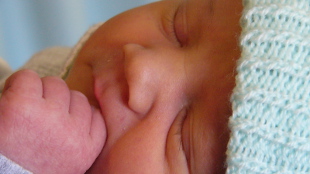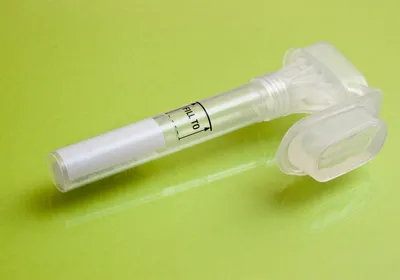 SXC.HU, BILL DAVENPORT
SXC.HU, BILL DAVENPORT
The National Institutes of Health (NIH) announced a $25 million project yesterday (September 4) aimed at ensuring researchers, clinicians, and families are ready for a future in which genome sequencing is more affordable and available from birth. Research teams at four sites will embark on five-year studies to explore exactly how babies’ genome sequences might be used in their health care—as well as the ethical and legal ramifications of such knowledge.
There are already several standard tests to screen for genetic disorders in newborns. Rather than replace these, genome sequencing could provide additional information for preventative medical care.
Alan Guttmacher, director of the National Institute of Child Health and Human Development, told reporters that sequencing could “become part of the electric health record that could ...





















